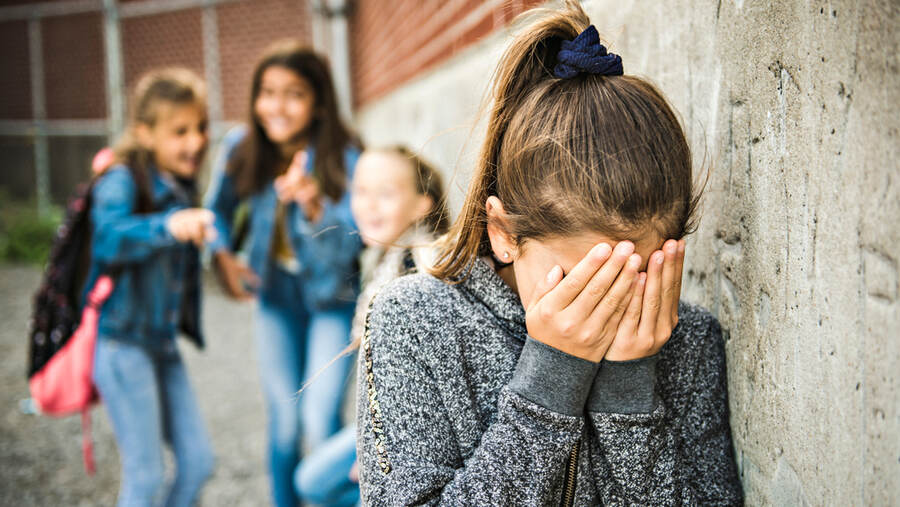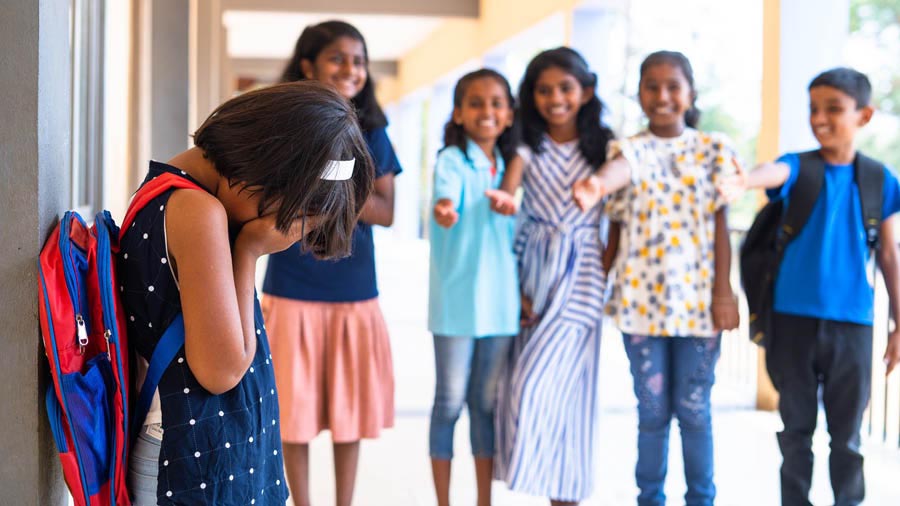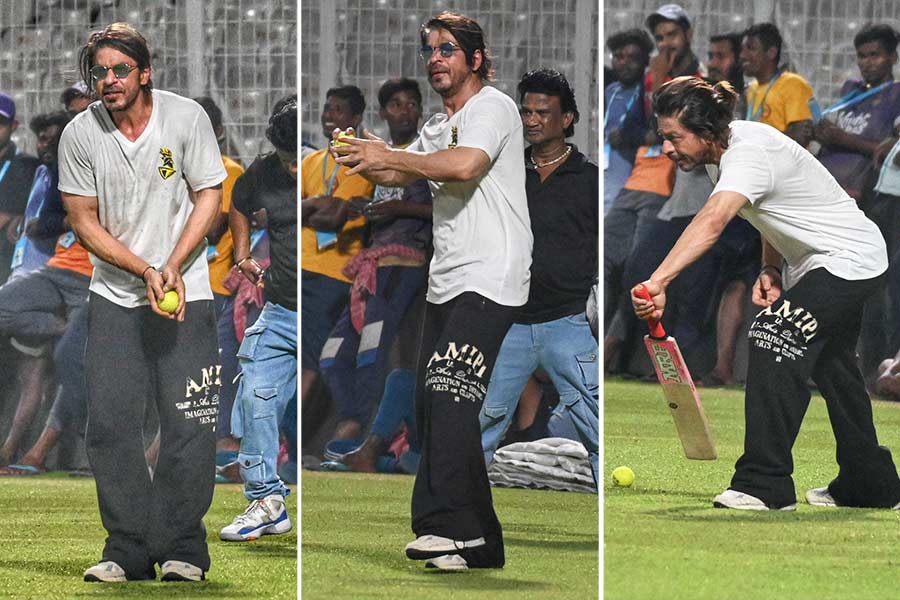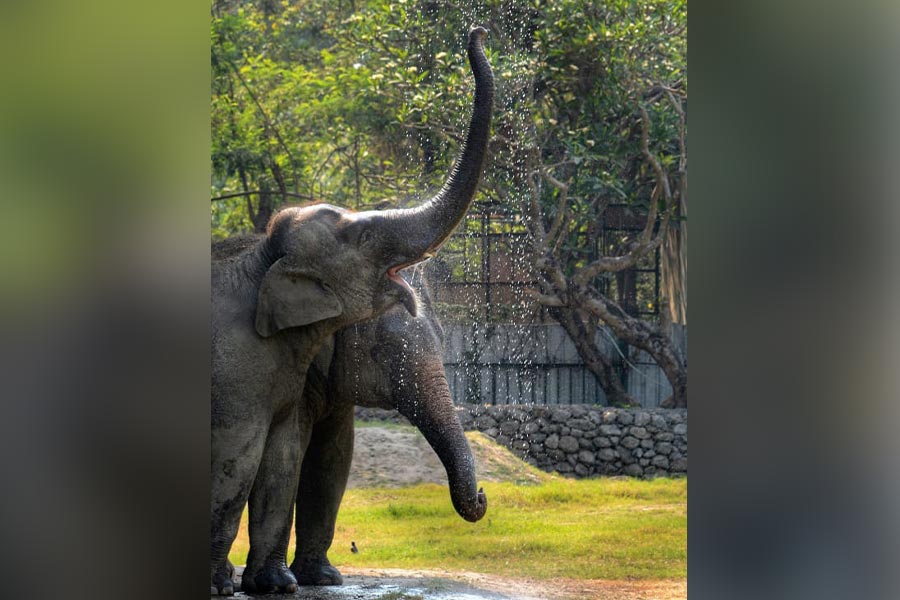The recent incident of ragging at a Kolkata university has turned the spotlight on bullying and how to tackle it. Most of the time, signs of bullying are seen in children in their formative years. It is often noticed that younger children start hitting their peers and snatching things. Sometimes, they even end up manipulating their classmates and teachers in their favour to hide their mischief. This sort of behaviour is often dismissed as naughtiness until these children grow up to develop these traits more intensely.
For this final article of a three-part series on bullying, My Kolkata spoke to several school heads on their observations about the bullying in schools and what steps they have taken to prevent such aggressive behaviour in school.
A note of caution: Some accounts describe incidents of bullying in school and may be triggering for some readers.
Vigilance is key
One of the first school heads we approached was Rupkatha Sarkar, principal, La Martiniere for Girls, who said the school had already introduced regular anti-bullying sessions with all students in a class-wise manner. “Parents are also part of the counselling sessions with students, who are always encouraged to stand up against any form of bullying or ragging. We have zero tolerance to bullying and ragging but we also believe that a child who bullies requires counselling and should be dealt with empathy and understanding.”
Devi Kar, director, Modern High School for Girls, said bullying exists in some form or the other in every institution. “The tendency to assert power over others is universal and it is often demonstrated from childhood. Unless this is addressed early in life it could lead to disastrous consequences.”
Kar, a veteran educator who regularly writes for newspapers, said many schools have a well-defined system of dealing with bullies, and all teachers are expected to know and follow that system. “No matter how reputable a school is, it is an established fact that some sort of bullying exists in all institutions. Bullying takes different forms and the subtle kinds are hard to detect.”
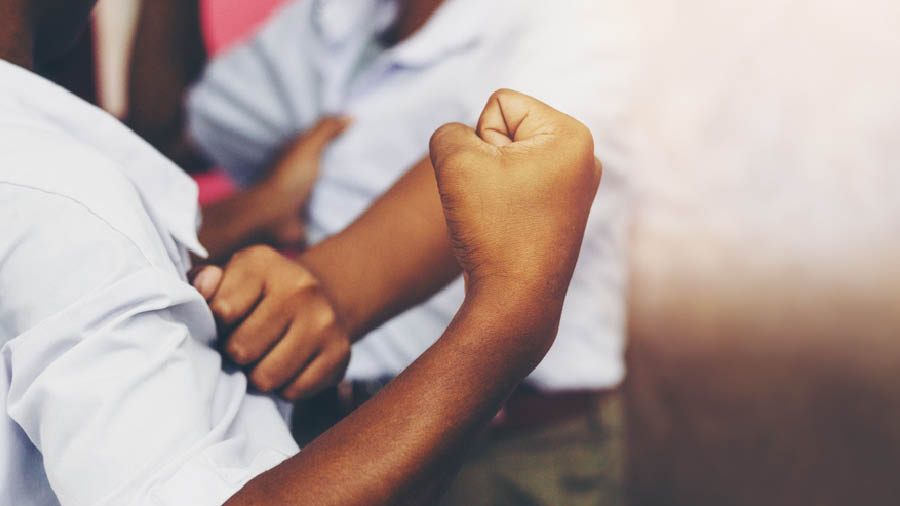
Vigilance from teachers is important, because sometimes problematic behaviour in younger years can intensify to more serious issues for older children
ShutterstockBut it’s not too hard if teachers are always vigilant. A teacher from a renowned south Kolkata school had been keeping track of a student’s behavioural issues for several years. The child had started bothering his classmates in Class III. By the time he reached Class VI, the mischief had only increased. It was obvious he needed counselling, which the school ensured. While the child’s identity cannot be revealed, the school’s name too is not being disclosed for obvious reasons.
According to the teacher, she had been watching the child closely for four years. “He would push other children in the assembly line or hit someone and then run away. That time we thought the child was merely being naughty. In the next academic session the child was in my class. Soon, I realised his ‘naughtiness’ had intensified. Every day I would get complaints against him. We realised the child needed counselling after he manipulated his friends to use the compass to cut out their initials on their hands. Anyone who backed out was termed ‘not cool enough’.”
The child, the teacher said, was later extensively counselled by the school for a year, along with his parents. The parents, too, admitted to their child’s manipulative behaviour.
Counselling victims and perpetrators
Aparupa Ojha, a clinical psychologist with Monoshij, a mental health platform, explains, “People who bully others generally target the weak and those who express their fear. The bullies feel superior looking at the victim’s anguish.”
What also happens is that a bully often gangs up with other children and targets those with submissive personalities. If such group bullying carries on for a substantial period of time, the result, psychologists warn, can be long-term damage as the bullied kid grows up low on confidence and forever wary, to the extent that it affects their relationships in the future.
With growing awareness about mental health, many schools in the city already have professional psychologists and counsellors who, from time to time, conduct group and one-to-one sessions with students.
Dr Paramita Mishra, VP, academics, Orchids The International School, New Town, feels it’s “high time” to give predominance to mental health during health checkups. “Negligence in action in schools leads to ragging in colleges, which is a dangerous sign of decline of humanity and rise of savagism,” Mishra says. “At Orchids, we have behavioural counsellors who take sessions with kids who are affected (victims) and also those who do it. Both are dealt with separately in different ways to understand what triggers the act.”
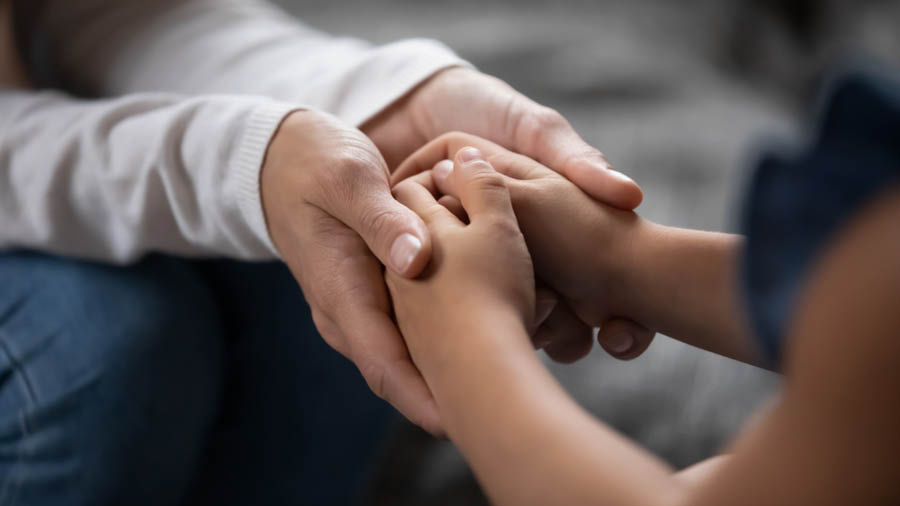
Bullying must be dealt with sensitivity and understanding
ShutterstockThe teachers My Kolkata spoke to admitted that initially bullies were difficult to detect since the bullied children, already scared and fearful of the consequences, never spoke up until things became intolerable. That’s where the role of the teachers and the school in identifying such cases becomes important, said Amita Prasad, director of Indus Valley World School.
“In our school, the number of students in each class is small (at the most, 30). As a result, the teachers, particularly the class teachers, get to know their students well. We ask teachers to be alert to any red flags that may suggest that a child is being bullied. In such cases, the teacher takes up the issue with the class,” Prasad says.
Tania Sen, principal, Techno India Group Public School, Garia, says, “At our school, students subjected to bullying are spoken to and kept under a monitoring system and counselled. Meetings with the parents and documentation of the cases are important to us. Besides, these children are suggested strategies to counter bullying. The student welfare committee involves counsellors, head boy and head girl, and subject teachers along with the principal.”
A supportive ecosystem
“Sometimes we involve the student council; peers can play a vital role in helping such children because senior students open up to their peers more often than to teachers. In my experience, the most important thing is to make each child feel comfortable and cared for and to ensure that they don’t feel isolated. Keeping the channels of communication open is half the battle won,” said Prasad.
Many people who have been victims of bullying say that school prefects and monitors were part of the bullying that prevented them from complaining. Some have also said that even after complaints, no strict action was taken and the bully was let off after a warning and that, the victims recalled, only intensified the bullying.
Speaking about handling bullies, Kar, the director of Modern High School for Girls, said a certain amount of teasing is to be expected in school. “But teachers need to be alert as to when light-hearted teasing turns into bullying. Each case is different, and has to be handled accordingly, but the protocol must be strictly maintained. Parents may be called in for discussions but on no account must they be allowed to get directly involved in the conflict. Harsh punishment does not help; bullying must be dealt with sensitivity and understanding.”
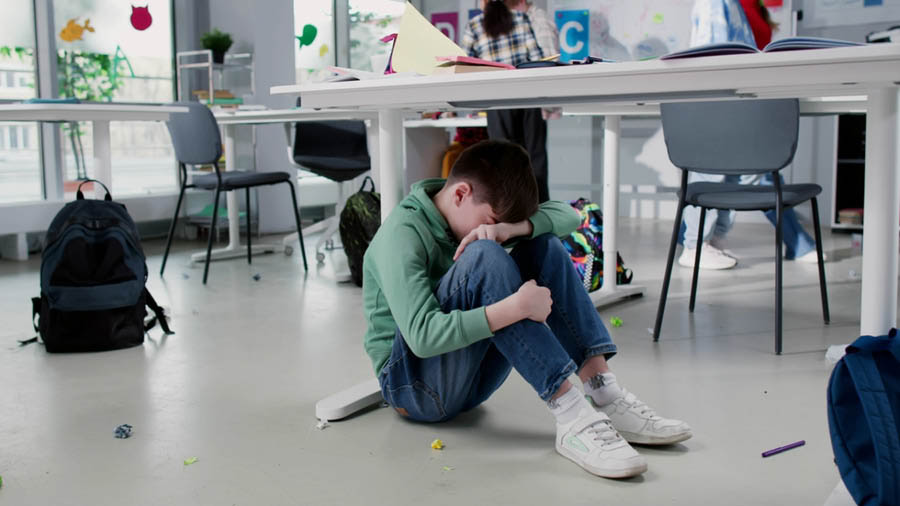
Teachers, parents and authority figures might be bullying kids or peers without realising it
ShutterstockKar also came up with a nuanced and vital distinction between firm handling and bullying. “Incidentally, teachers, parents and persons in authority, including school prefects and monitors, may be bullying children without recognising it,” she says.
What should parents do if a child complains of bullying in school? “Our doors are always open. Parents can make an appointment and see any teacher or administrator and report the matter,” Kar says.
Clinical psychologist Ojha says that besides looking for bullies, schools can also look for incidents of bullying through children who show signs of being bullied. “Humiliation can have a detrimental effect on one’s self-esteem. Students might seem under-confident, there could be a drop in academic performance and frequent absenteeism, etc. They might feel helpless and, as a result, isolate themselves and reduce interaction with friends and family. This can often contribute to feelings of sadness most of the time and there might be changes in their interaction pattern with others. In many cases, victims can suffer from depression and develop anxiety disorders.”
These children, Ojha says, need mental support to come out of their trauma and that support must be extended both at home and at school.
**********************************
If you or someone around you is being bullied, please ask for help, immediately.
Here are a few resources that can help:
Childline India Foundation (CIF) - www.childlineindia.org.in, helpline: 1098
West Bengal Commission of Protection of Child Rights - 9836300300
National Cyber Bullying Reporting Portal helpline – 1930
Free legal aid to children and women- National Legal Services Authority (NALSA) www.nalsa.gov.in
POCSO E-box by National Commission for Protection of Child Rights (NCPCR) along with the Ministry of Women and Child Development (MWCD)- pocso.ncpcrweb.in
24x7 Toll-Free Mental Health Rehabilitation Helpline- KIRAN 1800-599-0019


